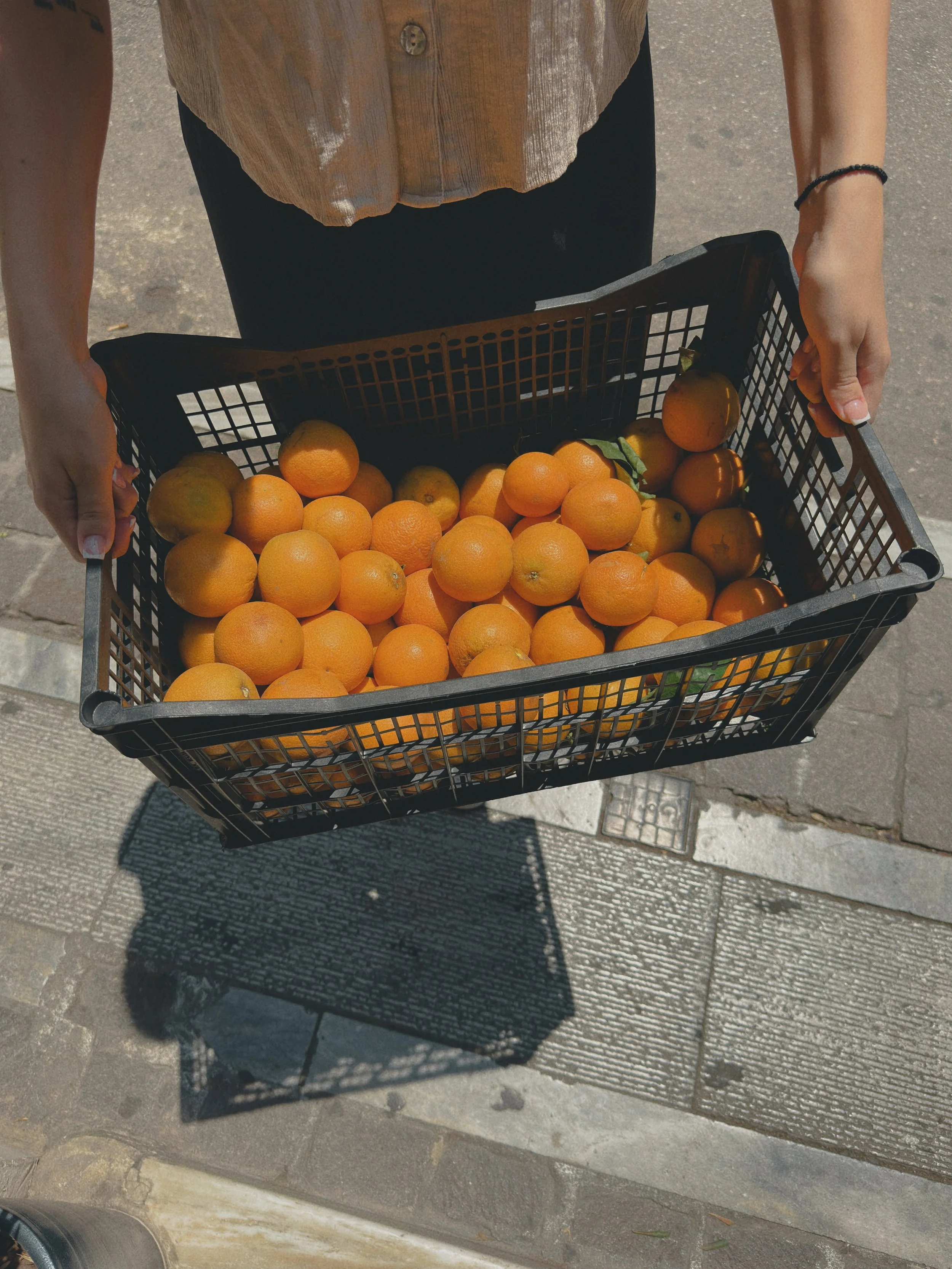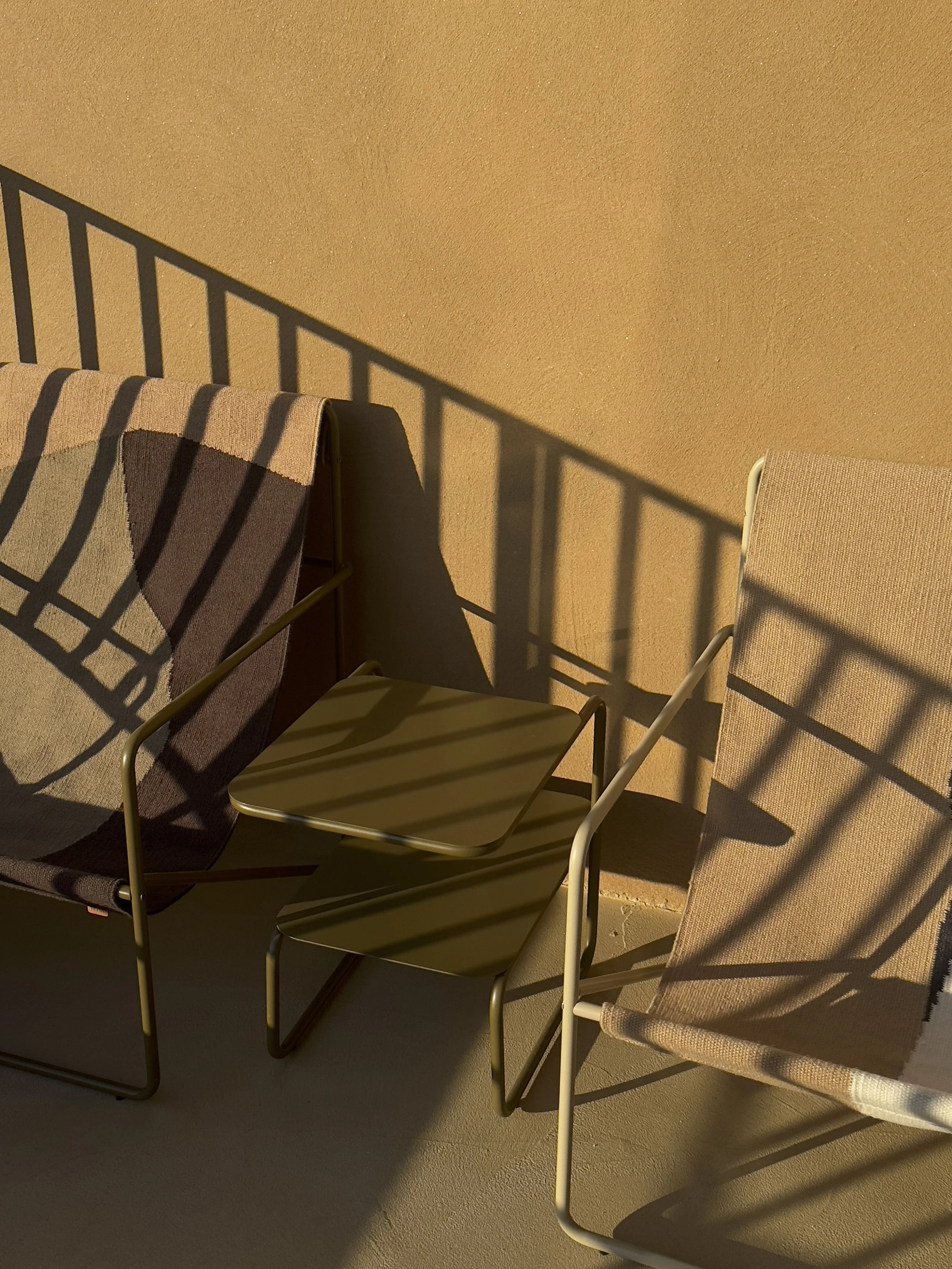In today’s evolving luxury landscape, a powerful trend is gaining momentum across high-end hospitality, experiential travel, and wellness retreats:
co-creation.
More than a buzzword, co-creation reflects a profound shift in how affluent guests engage with luxury spaces. It embodies a broader societal move from passive consumption to active authorship, from receiving to participating.
Luxury consumers now seek experiences that feel personal, intentional, and creatively engaging. This evolution parallels shifts in fashion collaborations, user-driven product design, and even customizable fintech. Guests no longer want to be simply “served.” They want to contribute.
In hospitality, co-creation goes beyond personalization. It’s about designing frameworks that invite genuine guest input, often in real time, and create space for meaningful participation.
Concrete expressions include:
Modular Experience Design: Guests select components of their stay: from room ambiance and preferred interaction styles with staff to curated excursions, crafting an environment aligned with their mindset and objectives.
Guest-Led Programming: Wellness resorts and retreat centers invite guests to co-design workshops, propose themes, or even co-facilitate segments. This positions guests as active collaborators rather than passive consumers.
Chef Collaboration Models: In luxury dining, seasonal chef’s tables and tasting menus increasingly incorporate guest preferences and narratives, informed by pre-arrival consultations or surveys.
This could mean:
Strategic Value Beyond Experience:
Co-creation delivers more than enhanced satisfaction. It offers a strategic edge in three areas:
Emotional Retention:
Guests who shape their own experience form deeper memories, boosting loyalty and word-of-mouth that transcends Instagram aesthetics.
Product Iteration:
Ongoing guest collaboration creates a real-time R&D feedback loop, accelerating innovation grounded in authentic demand.
Brand Differentiation:
As luxury pivots toward values and identity over pure aesthetics, co-creation positions brands as open, flexible, and respectful of individual intelligence.
However it’s crucial to distinguish co-creation from personalization:
1. Personalization is algorithmic: designed to make guests feel known.
2. Co-creation is collaborative: inviting guests to help shape the experience.
The former says, “We anticipated your preferences.”
The latter says, “You helped build this.”
This distinction matters. As luxury becomes less about passive consumption and more about meaningful interaction, identity expression, and creative agency, co-creation is the future.





